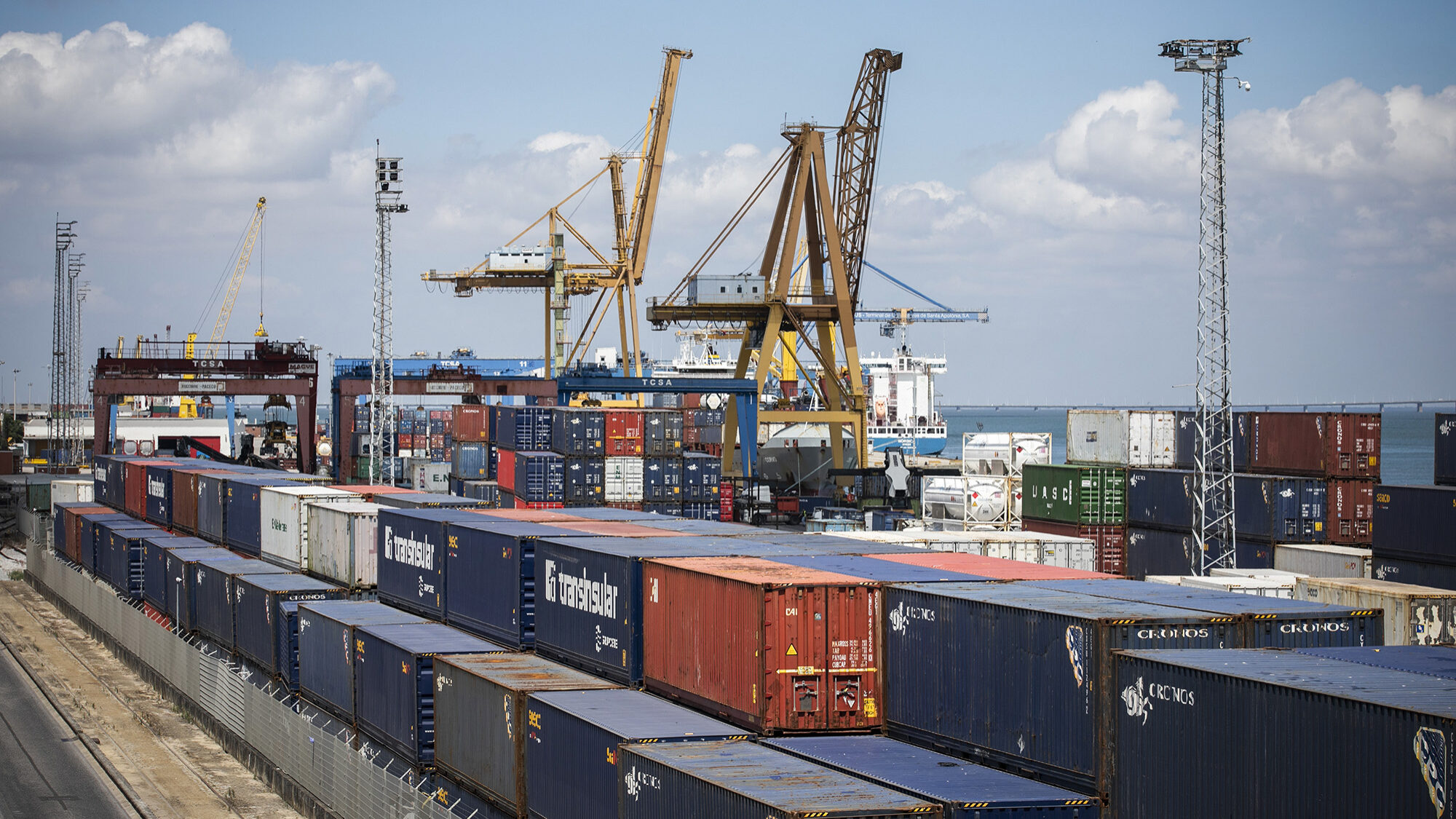GDP expected to grow 1.2% this year
The Public Finance Council's(CFP) scenario is in line with the Portuguese government's estimate, which sees GDP increasing by 1.3%.
The Public Finance Council (CFP) maintained its forecast for growth of the Portuguese economy of 1.2% this year, marking a sharp slowdown compared to 2022, and warned of the high international uncertainty.
In the report on the economic and budgetary outlook 2023-2027, released today, the institution chaired by Nazaré da Costa Cabral, points to a deceleration of Gross Domestic Product (GDP) growth from 6.7% last year to 1.2% this year, the same forecast as before.
This scenario is in line with the Portuguese government’s estimate, which sees GDP increasing by 1.3%.
The CFP explained that the forecasts are made in a context of “high geopolitical uncertainty” due to the war in Ukraine and the persistence of inflationary pressures, despite the prospects of gradual fading and the worsening conditions for financing the economy.
They were also made before the turbulence seen in recent days in banking and the most recent monetary policy decision by the European Central Bank (ECB).
Despite highlighting that the last two years of strong economic growth have allowed Portugal to recover pre-pandemic GDP levels, the CFP believes that until 2027 economic growth will be more modest in an environment of high uncertainty at the international level.
“For 2024 and 2025, a recovery in the growth rate of real Gross Domestic Product (GDP) to 1.8% and 2%, respectively, is anticipated. In the medium term, under invariant policies, economic activity is expected to converge to values around the growth of potential product (1.7%),” it explained.
Explaining the slowdown projected for this year, compared to 2022, is a significant deceleration in private consumption in volume to 0.4% (5.7% in 2022) and, to a lesser extent, in investment to 2.3% (2.7% in 2022), due to uncertainty, inflation and worsening financing conditions.
In the labour market, the CFP expects the employment rate to increase by 0.2% this year and then recover in 2024 to 0.4%, while the unemployment rate should increase to 6.4% in 2023, and remain at that value in 2024.
In the report, the institution led by Nazaré da Costa Cabral warned that several “downward macroeconomic and fiscal risks” underlie these projections.
The continuation of the war in Ukraine, the increase in the price of raw materials due to China’s reopening process, the possible easing of inflation expectations in the medium term and the transmission of inflationary dynamics to the less volatile components of the Consumer Price Index (CPI) “could lead to a higher and more persistent inflation rate than that currently considered”.
Consequently, says the CFP, “the main central banks may accelerate the normalisation processes of monetary policy, damaging both domestic demand, due to the impact that rising interest rates have on an economy with a high degree of indebtedness such as Portugal’s, and external demand directed at Portugal, due to the slowdown in economic activity of the country’s main trading partners”.
The possibility that the execution rate of the Recovery and Resilience Plan (RRP) will still be below the value considered, “damaging” the projected investment, is another of the risks identified.


